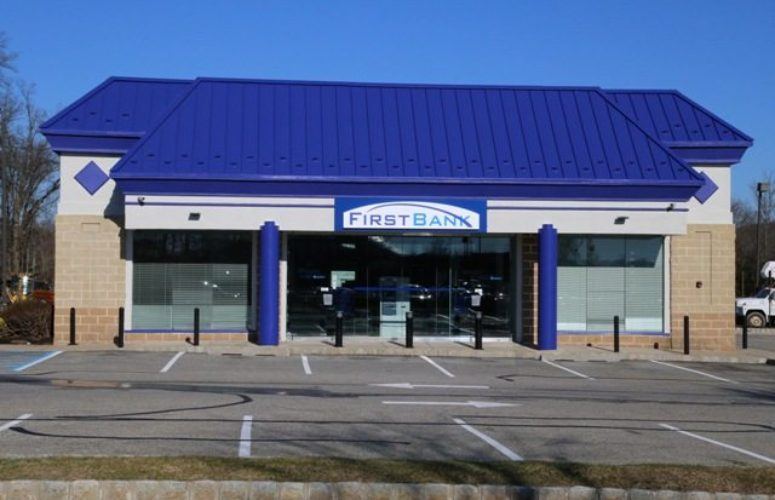

On February 22, 1834, portions of Trenton Township were taken to form Ewing Township. Trenton Township was incorporated as one of New Jersey's initial group of 104 townships by an act of the New Jersey Legislature on February 21, 1798. On November 25, 1790, Trenton became New Jersey's capital, and by November 13, 1792, the City of Trenton was formed within Trenton Township. Ībraham Hunt was appointed in 1764 as Trenton's first Postmaster. A courthouse and jail were constructed in Trenton around 1720, and the Freeholders of Hunterdon County met annually in Trenton. Boundaries were recorded for Trenton Township as of March 2, 1720. Trenton dates back at least to June 3, 1719, when mention was made of a constable being appointed for Trenton while the area was still part of Hunterdon County.

Trenton is the only city in New Jersey that serves three separate commuter rail transit systems ( Amtrak, NJ Transit, and SEPTA), and the city has encouraged a spate of transit-oriented development since 2010. The Census Bureau's Population Estimates Program calculated that the city's population was 89,661 in 2022, ranking the city the 382nd-most-populous in the country. Īs of the 2020 United States census, Trenton was the state's 10th-most-populous municipality, with a population of 90,871, an increase of 5,958 (+7.0%) from the 2010 census count of 84,913, which in turn had reflected a decline of 490 (−0.6%) from the 85,403 counted in the 2000 census. However, Trenton directly borders the Philadelphia metropolitan area to its west, and the city was part of the Philadelphia combined statistical area from 1990 until 2000. Trenton and Princeton are the two principal cities of the Trenton–Princeton metropolitan statistical area, which encompasses those cities and all of Mercer County for statistical purposes and constitutes part of the New York combined statistical area by the U.S. It was the capital of the United States from November 1 until December 24, 1784. state of New Jersey and the seat of Mercer County.


 0 kommentar(er)
0 kommentar(er)
